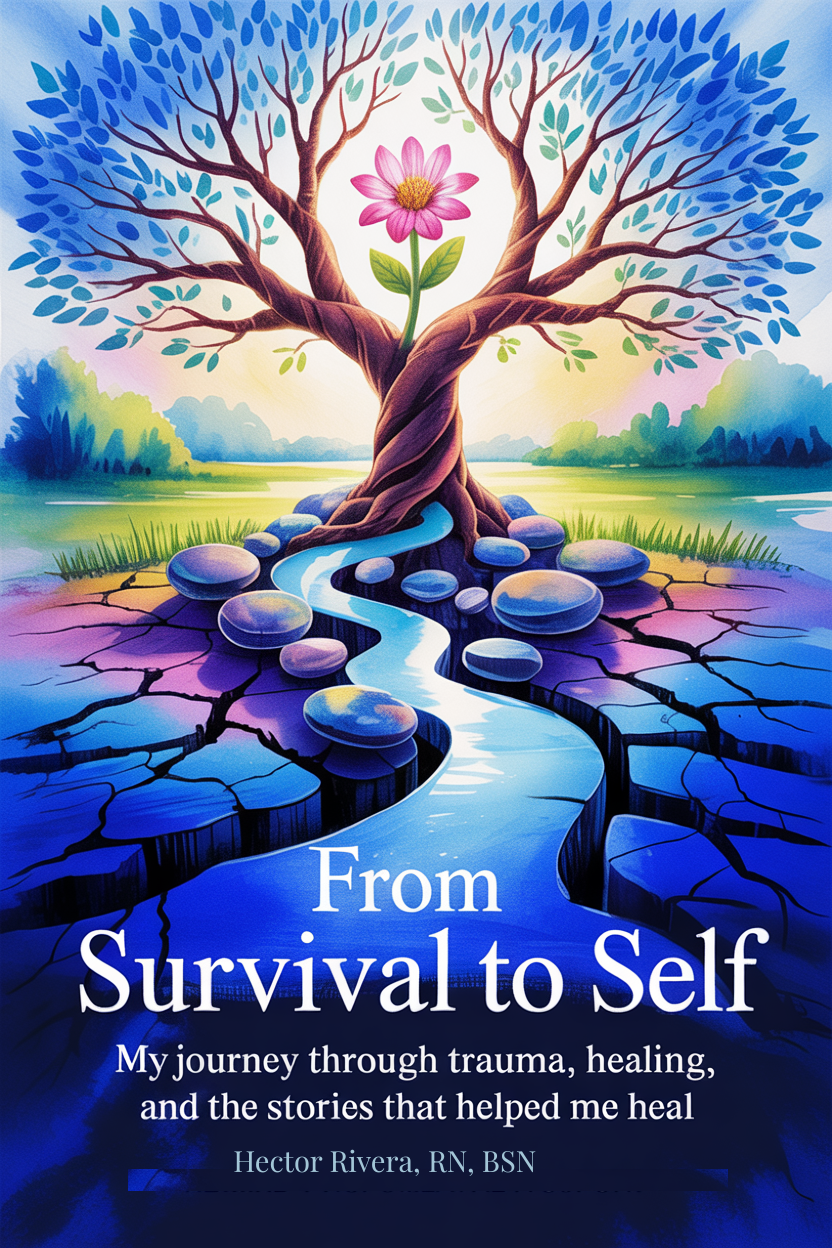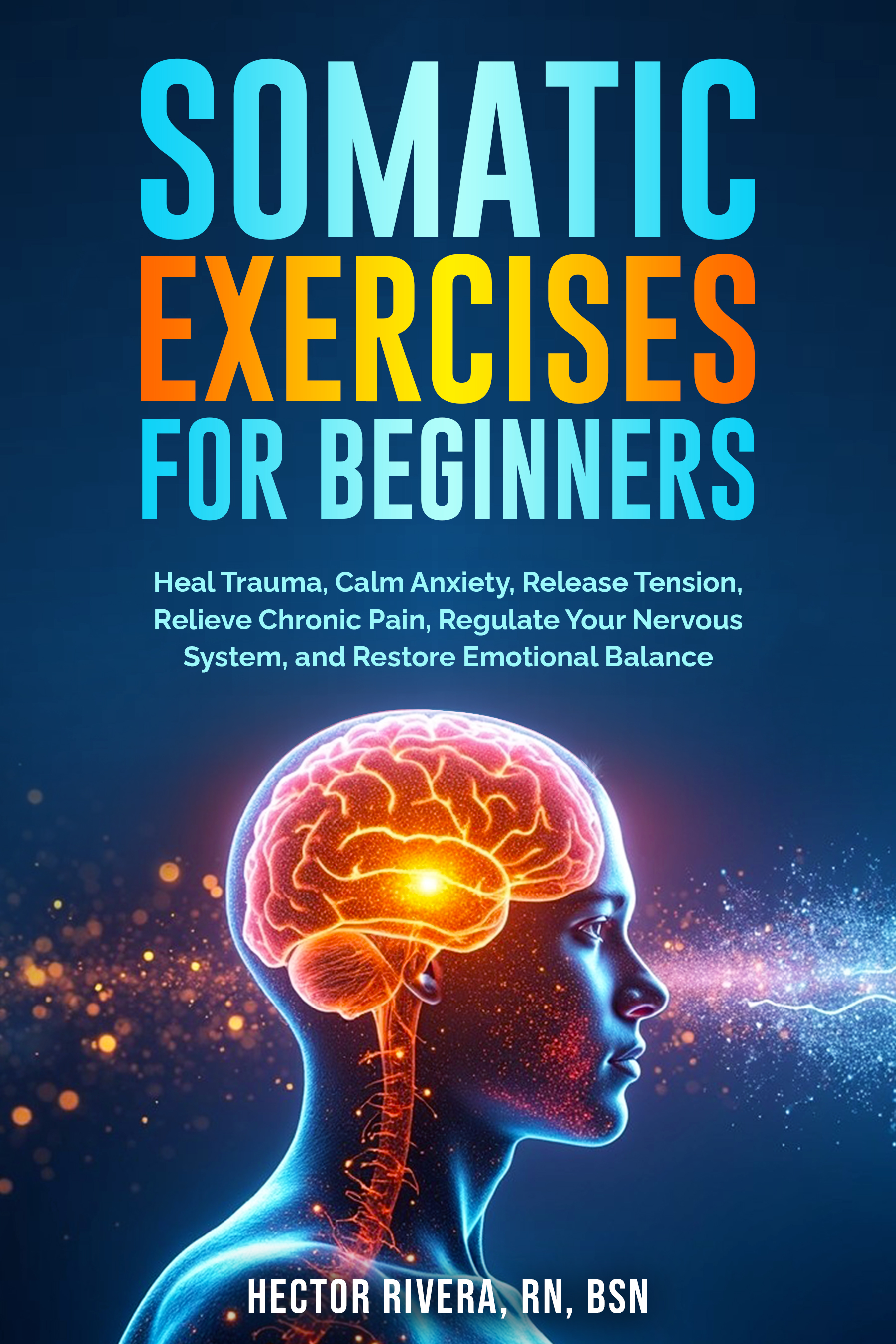What Are Mindfulness Exercises: Easy Ways to Slow Down, Notice the Moment, and Reconnect With Yourself

What are mindfulness exercises – walking mindfully on Copacabana beach in Rio de Janeiro
What Are Mindfulness Exercises: Simple Mindfulness Practices for Everyday Life
What are mindfulness exercises, and why do they matter in your everyday life? At their core, they are small practices that help you pause, notice what’s happening inside and around you, and respond with more ease instead of running on autopilot. Mindfulness isn’t about forcing calm or emptying your mind—it’s about bringing awareness to ordinary moments in a way that makes them feel less rushed and more real.
Mindfulness often gets wrapped up in big promises, but in practice, it’s surprisingly simple. It’s about paying attention on purpose, without judgment, for just a few moments at a time. The beauty is that you don’t need special equipment or hours of free time. You can begin where you are, with whatever space life allows.
Think of it this way: your body is always in the present, but your mind often races ahead or circles back. Mindfulness exercises help bring the two back together. By anchoring your attention in the present moment, you give yourself a chance to reset, even amid a busy day.
Everyday Examples of Mindfulness
Breathing with awareness: Pause and take three slow breaths, paying attention to the air moving in and out. Notice how your chest or belly rises and falls.
Mindful walking: As you walk to the mailbox or down the hallway, feel your feet touch the ground, one step at a time.
Mindful eating: Pay attention as you take a bite of food. Notice the way it feels in your mouth—the texture, the flavor, and the pace at which you chew.
Body awareness: Gently scan from head to toe, noticing where you feel tension and where you feel at ease.
These practices don’t require silence or retreat. They naturally weave into daily life, transforming ordinary activities into opportunities to reconnect with yourself.

Why They Matter
Most people spend their days caught in loops of doing, planning, and reacting. The nervous system rarely gets a break, which, over time, can lead to feelings of constant tension, fatigue, or even anxiety. Mindfulness exercises interrupt that cycle. They give your body and mind a chance to breathe, which can:
Reduce stress levels
Improve focus and attention
Support emotional balance
Help you sleep more deeply
Strengthen patience and compassion
These aren’t abstract claims. Research continues to demonstrate the value of mindfulness in health, education, and the workplace. However, the most substantial evidence often comes from lived experience—how a simple pause before reacting can change the tone of a conversation, or how slowing down for five minutes can make the rest of the day feel less overwhelming.
How to Get Started
One of the biggest mistakes people make is expecting mindfulness to erase stress or produce instant calm. The truth is, it’s not about perfection—it’s about practice. Start small. Choose one activity you already do every day, like drinking coffee, brushing your teeth, or checking your phone. Add a moment of awareness to it.
For example, before sipping coffee, notice the warmth of the mug in your hands. Before brushing your teeth, take note of the taste of the toothpaste and the sound of the brush. Before unlocking your phone, pause for a moment to take a breath. These small pauses gradually build a habit of attention.
It also helps to approach mindfulness with curiosity instead of pressure. Some days it feels easy; other days, your mind may wander nonstop. Both experiences are part of the process. The point isn’t to stop thoughts—it’s to notice them without letting them carry you away.
Common Myths About Mindfulness
“I don’t have time.” You don’t need long sessions. Even one minute of mindful breathing can shift your state.
“It means clearing my mind.” Minds think. You don’t need to stop thoughts; notice them.
“I have to sit still.” Mindfulness can happen while walking, stretching, or even washing dishes.
“It’s only for stress.” While stress relief is a benefit, mindfulness also deepens enjoyment of simple pleasures.
Bringing Mindfulness Into Daily Life
What are mindfulness exercises? Consistency matters more than duration. A few mindful pauses spread throughout the day often have a greater impact than a single, long session now and then. Try setting small reminders, such as a sticky note on your desk, a gentle phone alarm, or using daily transitions—like starting the car or waiting in line—as cues.
The goal isn’t to create another task on your to-do list. The goal is to sprinkle awareness into the life you’re already living. Think of mindfulness as a way to add depth to ordinary moments, rather than escaping them.
If you’ve been curious about slowing down, reducing stress, and feeling more present, now is a good time to explore it for yourself. Instead of treating mindfulness as something abstract or complicated, think of it as a set of small, practical choices that reconnect you with the moment. When you ask yourself what mindfulness exercises are, the honest answer is simple: they’re everyday ways to pause, notice, and allow your body and mind to catch up with each other.
Sources
- American Psychological Association – Mindfulness research
- Mayo Clinic – Mindfulness practices and stress reduction
- National Center for Complementary and Integrative Health (NCCIH) – Mindfulness overview
- Harvard Health Publishing – Benefits of mindfulness
- Jon Kabat-Zinn, Wherever You Go, There You Are
Medical Disclaimer: The information on this website is for educational purposes only and is not a substitute for professional medical advice, diagnosis, or treatment. Always consult a qualified healthcare provider with any questions you may have about your health or a medical condition. Never ignore professional medical advice or delay seeking it because of something you have read here.

